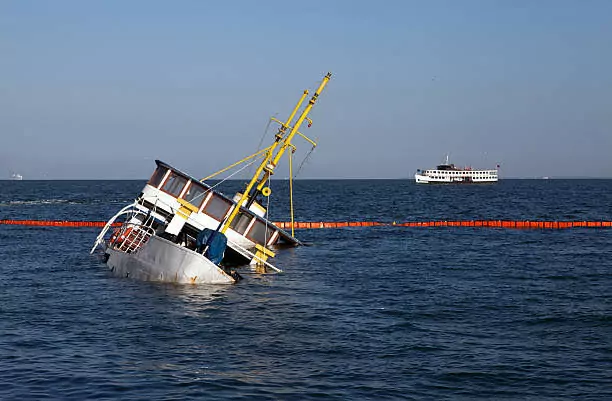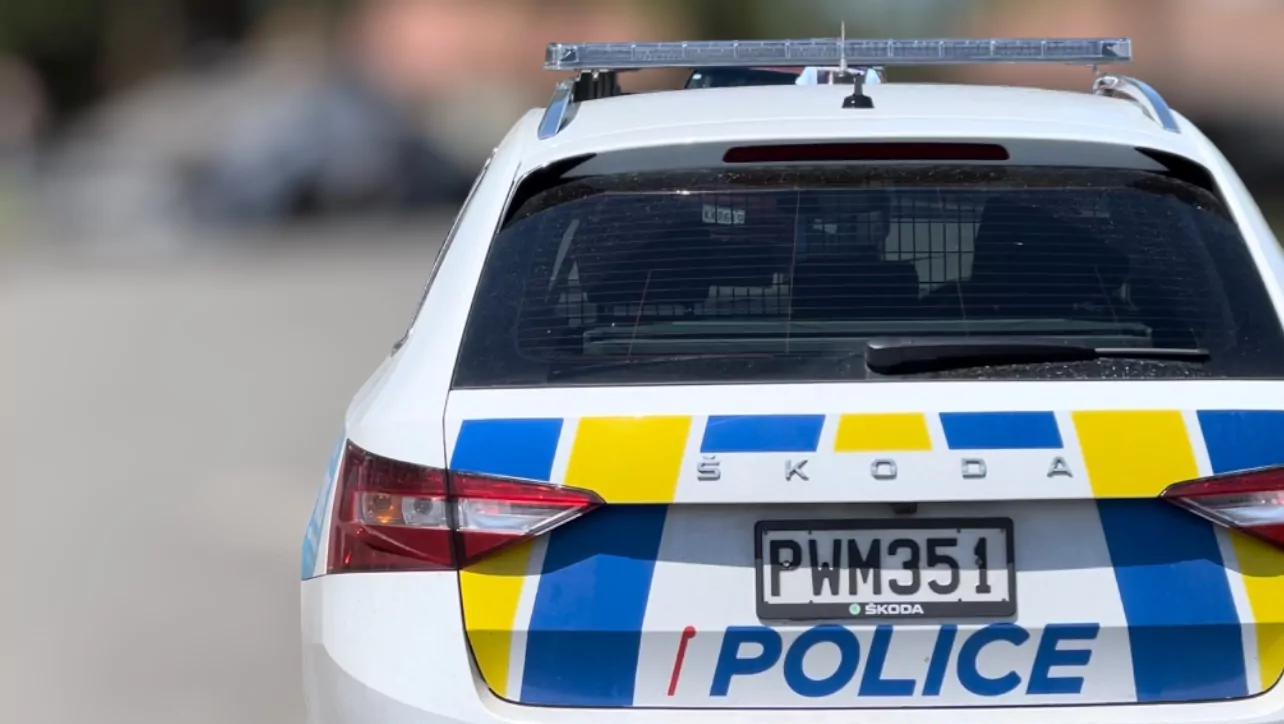Winter 2024 has proven to be particularly treacherous for recreational boaters in New Zealand, with a spate of tragic incidents resulting in several fatalities.
Maritime New Zealand is urging boaters to be extra cautious and consider the potential risks before venturing out on the water.
Over the past seven weeks, seven people have died in three separate incidents involving recreational craft across the country.
In late June, three people lost their lives when their boat capsized between the Māhia Peninsula and Gisborne.
In late July, a man died after falling overboard off Whakatāne. Most recently, on 3 August, three individuals perished just 100 metres from shore when their boat capsized on the Riverton bar.
“These incidents are nothing short of heartbreaking, and I want to offer my condolences to everyone impacted by them. This has been the worst winter I can remember in my near decade at Maritime NZ,” said Matt Wood, Principal Advisor Recreational Craft at Maritime New Zealand.
Despite the grim statistics, the toll could have been even higher if not for the efforts of Coastguard volunteers.
After the fatal capsizing in Southland, Coastguard Riverton volunteers were able to save two people.
On the same day, a coordinated effort involving Police Eagle, Coastguard Titirangi and Papakura volunteers, and Auckland Airport’s hovercraft led to the rescue of five individuals from Manukau Harbour.
“It has been a busy winter for Coastguard, with volunteers responding to over 270 incidents and rescuing 14 people from life-threatening situations. Incidents are up 7 percent compared to the same period last winter,” said Coastguard Head of Operations, Rob McCaw.
The impact of these tragedies has been deeply felt by Coastguard volunteers, especially those in Hawke’s Bay, Gisborne, Whakatāne, Ōpōtiki, Riverton, and Bluff. These dedicated individuals have shown immense sacrifice, care, and professionalism in providing closure to the families and friends of those lost over the past two months.
Boating carries risks throughout the year, but these are amplified in winter. Colder weather, shorter days, unpredictable conditions, and water temperatures dropping below 10 degrees Celsius create extremely challenging survival conditions if one is thrown from their boat or if it capsizes.
“The recent incidents we have seen over the last few weeks have occurred all around the country, in varying conditions, and involved different sized vessels. This shows tragedy can occur anywhere, and it doesn’t discriminate,” Wood noted.
Maritime New Zealand is emphasising the importance of preparation and caution.
“When in doubt, do not go out. If conditions are set to change, if you don’t have the right safety equipment, if the swell is at the outer limits of your capability as skipper and what your vessel can handle, or if you are concerned about tackling a bar, just stay on shore. We don’t want any more families mourning loved ones,” said Wood.
For those planning a trip on the water, it is crucial to have two forms of communication (such as a mobile phone in a waterproof case, VHF radio, and beacon), properly fitted lifejackets for everyone on board, and to check and understand the marine weather forecast.
As this winter continues, Maritime New Zealand is calling on all boaters to stay safe and vigilant to prevent further tragedies on the water.








